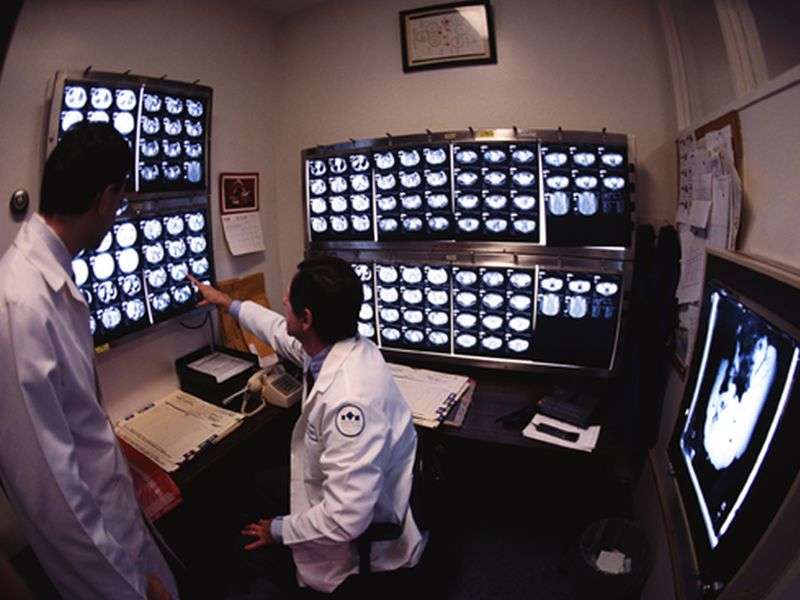(HealthDay)—For patients with suspected pulmonary embolism (PE) in the emergency department, adherence to evidence-based clinical decision support (CDS) for ordering computed tomographic (CT) pulmonary angiography is associated with increased odds of an acute PE finding, according to research published in the March issue of Radiology.
Zihao Yan, from Brigham and Women's Hospital in Boston, and colleagues reviewed data from all patients who were suspected of having PE and underwent CT pulmonary angiography. Each CT order was exposed to CDS on the basis of the Wells criteria. CDS alerts suggested D-dimer testing for patients with a Wells score of 4 or less because PE is highly unlikely in these patients if D-dimer levels are normal.
The researchers found that 563 examinations among 2,993 CT pulmonary angiography studies in 2,655 patients had a Wells score of 4 or less but did not undergo D-dimer testing, and 26 had a Wells score or 4 or less and had normal D-dimer levels. The yield of CT angiography was 4.2 and 11.2 percent, respectively, in the override and adherence groups (P < 0.001). The odds of an acute PE finding were 51.3 percent lower when providers overrode alerts versus when they followed guidelines, after adjustment for between-group risk factor differences.
"The odds of an acute PE finding in the emergency department when providers adhered to evidence presented in CDS were nearly double those seen when providers overrode CDS alerts," the authors write.
One author disclosed financial ties to Medicalis, and has a patent licensed to Medicalis.
More information:
Abstract
Full Text (subscription or payment may be required)
Journal information: Radiology
Copyright © 2017 HealthDay. All rights reserved.





















